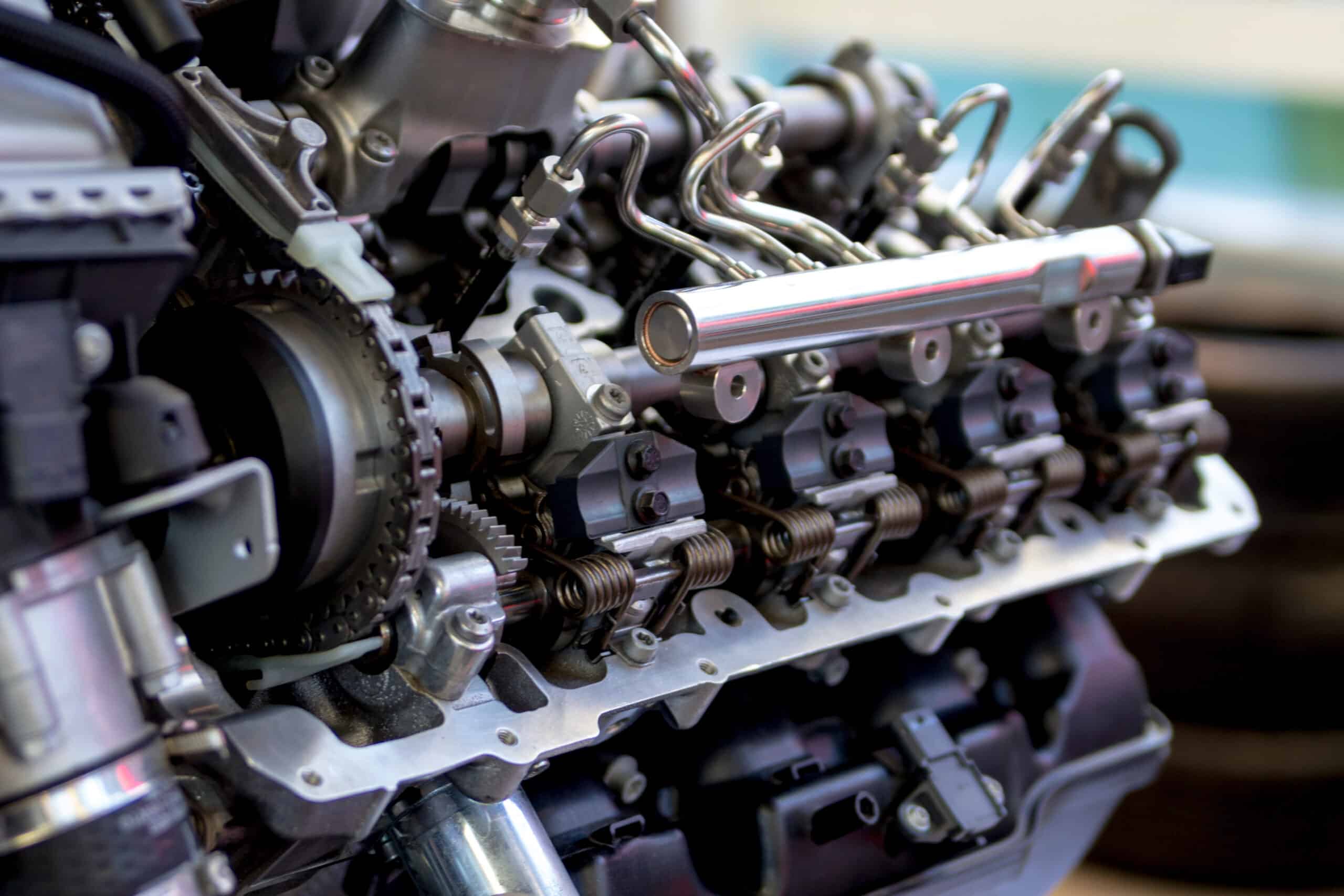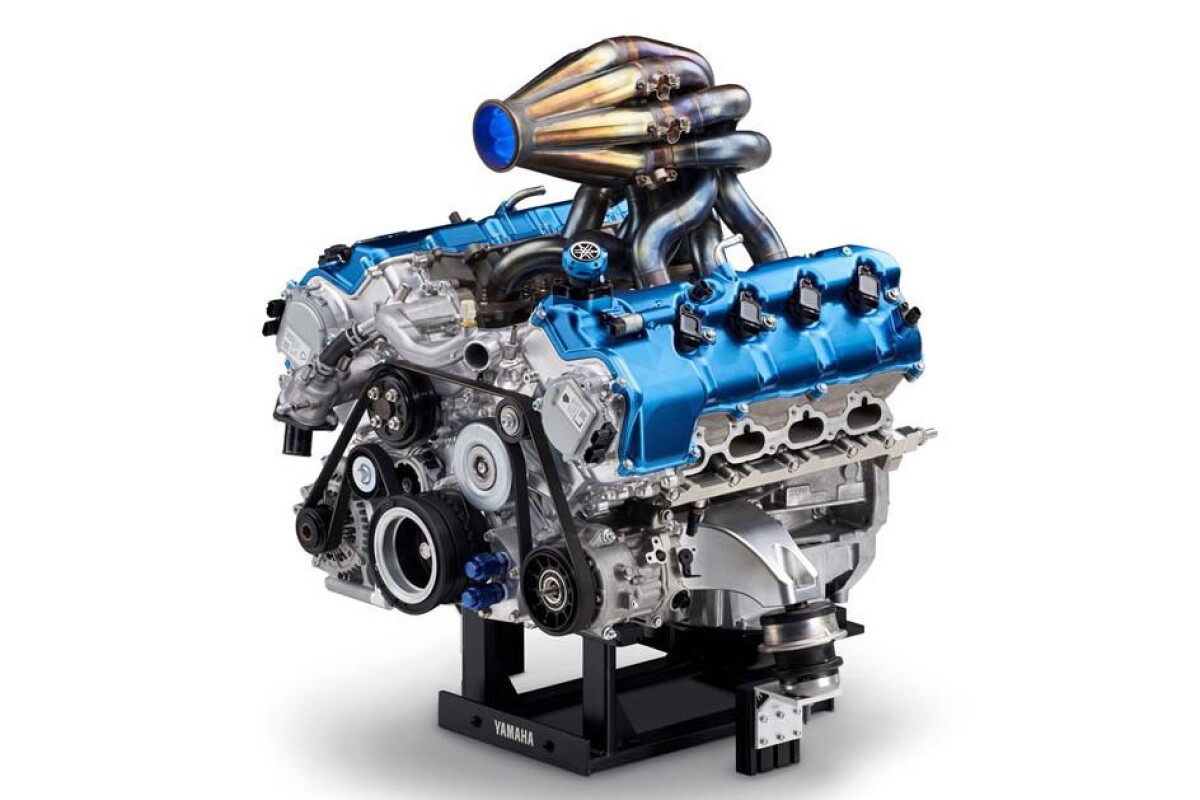Engines For Africa Offers Motors You Can Count On
Engines For Africa Offers Motors You Can Count On
Blog Article
A Total Guide to Choosing the Right Engine for Your Job
Selecting the proper engine for your task is a crucial decision that can dramatically impact its total success. It is imperative to thoroughly define your job needs, evaluate performance requirements, and consider user-friendliness together with various other crucial variables. In addition, understanding the neighborhood support available and inspecting cost effects can further improve your choice. Each of these elements plays a crucial function in making sure that your selected engine not just fulfills immediate purposes yet also aligns with long-term goals. As we check out these factors to consider, you might find that the nuances of each facet disclose greater than originally prepared for.
Specify Your Job Requirements
Defining your task needs is a crucial action in picking the proper engine for successful execution. A detailed understanding of your project's purposes will lead you in determining the abilities and attributes called for from an engine. Begin by describing the extent of your job, consisting of the preferred capability, target audience, and the details results you intend to achieve.
Next, take into consideration the technical requirements that line up with your task goals. This consists of assessing the compatibility of the engine with existing systems, along with the programming languages and structures that will certainly be utilized. Furthermore, analyze the level of scalability called for to accommodate future development or modifications popular.
Budget restrictions additionally play a vital function in specifying your project needs. Establish a clear economic structure to guide your decision-making process, making certain that the engine selected fits within your budget while supplying the essential functionality.
Evaluate Performance Requirements

Next, think about the scalability of the engine. Assess whether it can handle boosted work as your job expands. Engines that support horizontal scaling are typically better for bigger applications. Furthermore, examine the engine's efficiency under various problems, such as peak usage situations, to ensure it satisfies your dependability requirements.
Consider Simplicity of Usage
While technical specifications are essential, the convenience of usage of an engine can dramatically influence the advancement procedure and total job success. An user-friendly interface, clear documents, and structured workflows can considerably decrease the learning contour for designers, enabling them to concentrate on creative thinking and analytical rather than facing complicated tools.
When reviewing an engine's simplicity of use, take into consideration the onboarding experience. A well-structured intro, complete with tutorials and example jobs, can facilitate a smoother change for new users. Additionally, the quality and comprehensiveness of the engine's paperwork play an important function; extensive guides and API recommendations can equip developers to repair and execute features successfully.
An engine that enables for simple adjustments can be a lot more straightforward, as programmers can customize it to fit their specific needs without comprehensive headache. Inevitably, choosing an engine that focuses on convenience of usage can lead to a more enjoyable and productive development experience.
Assess Community and Assistance
The toughness of an engine's area and assistance network can significantly influence a developer's experience and success. A lively neighborhood commonly suggests a wealth of shared knowledge, resources, and fixing aid that can boost your job's advancement process. When assessing an engine, consider the dimension and activity level of its area. Bigger communities generally offer extra discussion forums, tutorials, and third-party plugins, allowing developers to locate remedies a lot more effectively.
Furthermore, assess the accessibility of official support networks. Trustworthy documents, receptive consumer support, and normal updates are crucial for resolving technological problems and maintaining your project on track. Engines For Africa. Active areas additionally promote cooperation, offering possibilities for networking and feedback, which can be very useful, specifically for independent developers or little teams
Furthermore, investigate the visibility of community-run events, such as meetups or hackathons. These celebrations can click this improve your understanding of the engine while connecting you with knowledgeable customers and potential collaborators. In anchor summary, a robust community and support group not just simplify development but likewise create an atmosphere for finding out and innovation, ultimately enhancing the possibility of your job's success.
Contrast Price and Licensing Alternatives
Spending plan factors to consider play an important function in choosing the best engine for your job, as the expense and licensing choices can substantially affect both temporary costs and long-lasting practicality. Engines For Africa. Different engines provide varying pricing structures, which can include single acquisition charges, membership designs, or revenue-sharing contracts based on your project's earnings

Licensing options also differ dramatically. Some engines are open-source, supplying adaptability and community-driven assistance, while others may require proprietary licenses that restrict use and distribution. Comprehending the implications of each licensing model is essential, as it influences possession rights, future scalability, and possible lawful responsibilities.
Conclusion
Finally, picking the ideal engine for a job necessitates a thorough evaluation of specified project needs, efficiency demands, ease of usage, neighborhood support, and price considerations. By systematically resolving these important elements, decision-makers can make certain positioning with both current and future project needs. A knowledgeable selection eventually boosts the probability of project success, making it possible for efficient resource appropriation and maximizing prospective outcomes within the specified financial restrictions.
Picking the suitable engine for your task is a vital choice that can considerably influence its overall a knockout post success.Specifying your task needs is a vital step in choosing the ideal engine for successful application. A thorough understanding of your project's goals will certainly guide you in determining the abilities and attributes required from an engine.Once you have a clear understanding of your job requires, the following action is to evaluate the performance demands of the engine.In final thought, picking the appropriate engine for a project necessitates a comprehensive assessment of specified task needs, performance requirements, simplicity of use, neighborhood assistance, and price factors to consider.
Report this page